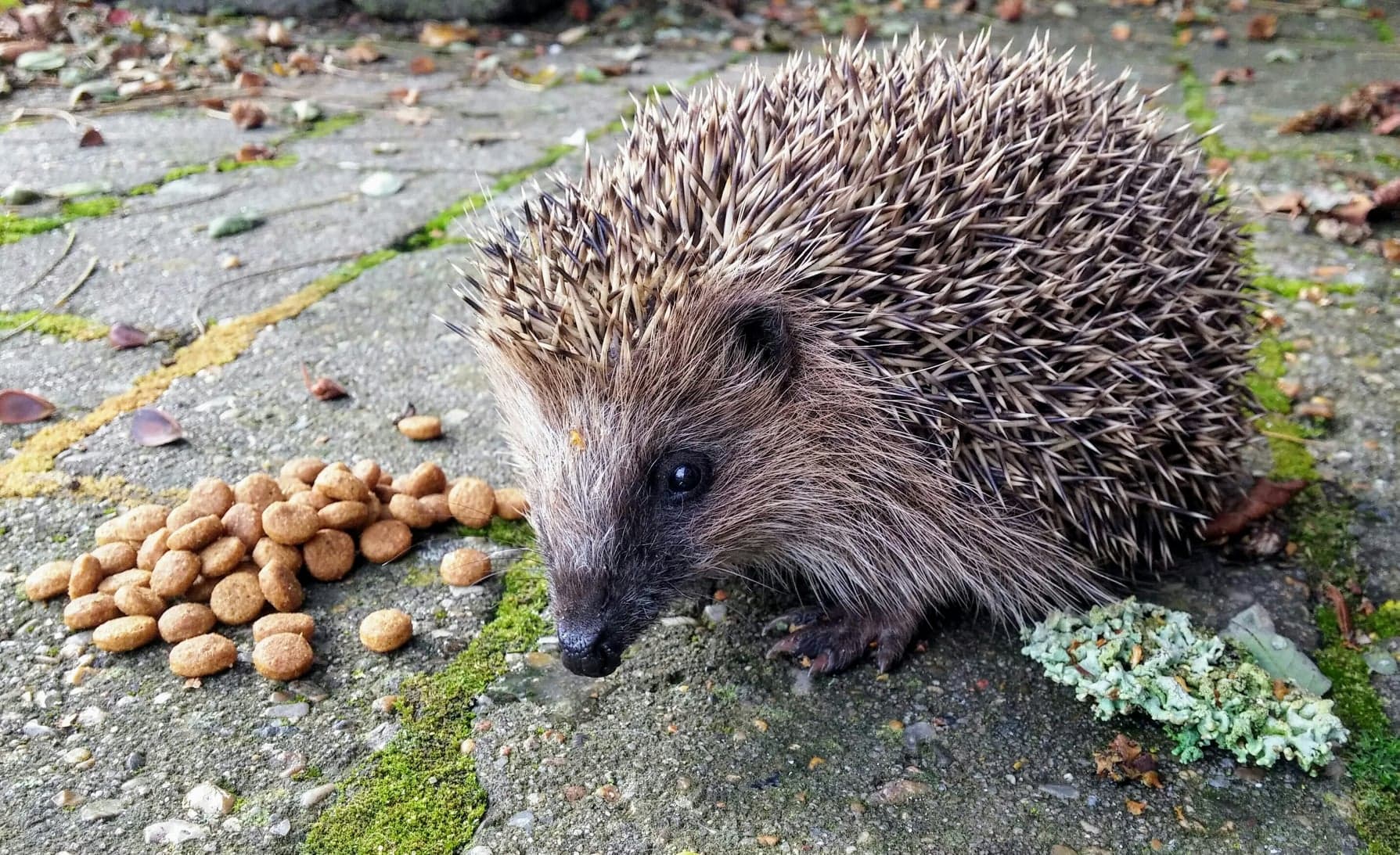News
Hedgehogs more friend than foe
A study published in Nature Communications 2021, based on machine learning algorithms, suggested that European hedgehogs are likely to become hosts of novel coronaviruses. This conclusion was widely reported in the media, often in an alarmist style that raised public anxiety about hedgehogs. Considering conservation concern about the decline of hedgehogs, and indeed the great efforts invested by the conservation community in rallying public support for them, it would be disappointing if this anxiety undermined conservation efforts without good cause. This concern prompted Dr. Sophie Lund Rasmussen to lead a team, including Professors David Macdonald and Cino Pertoldi (of Aalborg University and Zoo in Denmark), to scrutinise the evidence. Their conclusions were recently published in Nature Communications.
First, and emphatically, they acknowledged the importance of identifying possible wildlife hosts of future potential zoonoses, and indeed the remarkable power of AI techniques in such research. Nonetheless, the outputs of models can be only as good as the information provided to them, and they were unconvinced that in this case the analysis had properly accounted for what is known of the natural history of hedgehogs or coronaviruses. The major hypothesis behind the study was that the coronavirus of one species could be exposed to the coronavirus of another species through co-infection in an individual, where the two coronavirus variants could potentially recombine into a new variant. Noting that the algorithm had not taken into consideration the feasibility of this recombination in hedgehogs, David Macdonald commented: “Machine-learning algorithms are revolutionary tools for analysing large datasets. These algorithms are capable of learning insightfully from the data provided, but this powerful capacity is obviously weakened if the inputs attend incompletely to relevant biological factors”. Sophie Lund Rasmussen elaborated: ”As an example, the algorithm predicted that one of the most likely scenarios for the development of a new type of coronavirus in hedgehogs was that the hedgehog was co-infected with a coronavirus variant found in the Beluga whale. The Beluga whale is a marine mammal with approximately 20-30 registered sightings in UK oceans over the past 30 years. I therefore struggle to imagine how this species and the terrestrial mammal, the hedgehog, would come into close contact to facilitate a transfer of disease”.
Of course, it is not the fault of the authors of the original paper if the media reports of their conclusions were overly colourful – the vast majority focused on hedgehogs as a previously unforeseen threat in our own backyards – but it would be prudent to have this risk of alarmist misrepresentation in mind. In this case, following the press coverage, local hedgehog rescue centres reported that members of the public requested hedgehogs be removed from their gardens because of the fear that they would spread SARS-CoV-2.
”Nobody can rule out the possibility of European hedgehogs being infected with SARS-CoV-2, but it is slim, and several studies searching for coronavirus in hedgehogs have failed to detect SARS-CoV-2. There is, in effect, no reason to fear that hedgehogs can cause COVID-19 infections in humans,” explained Sophie Lund Rasmussen. She added, ”My own advice would be to encourage the public to appreciate hedgehogs, make their gardens as wildlife friendly as possible, and do what they can to halt the decline of these fascinating back-garden denizens.”






